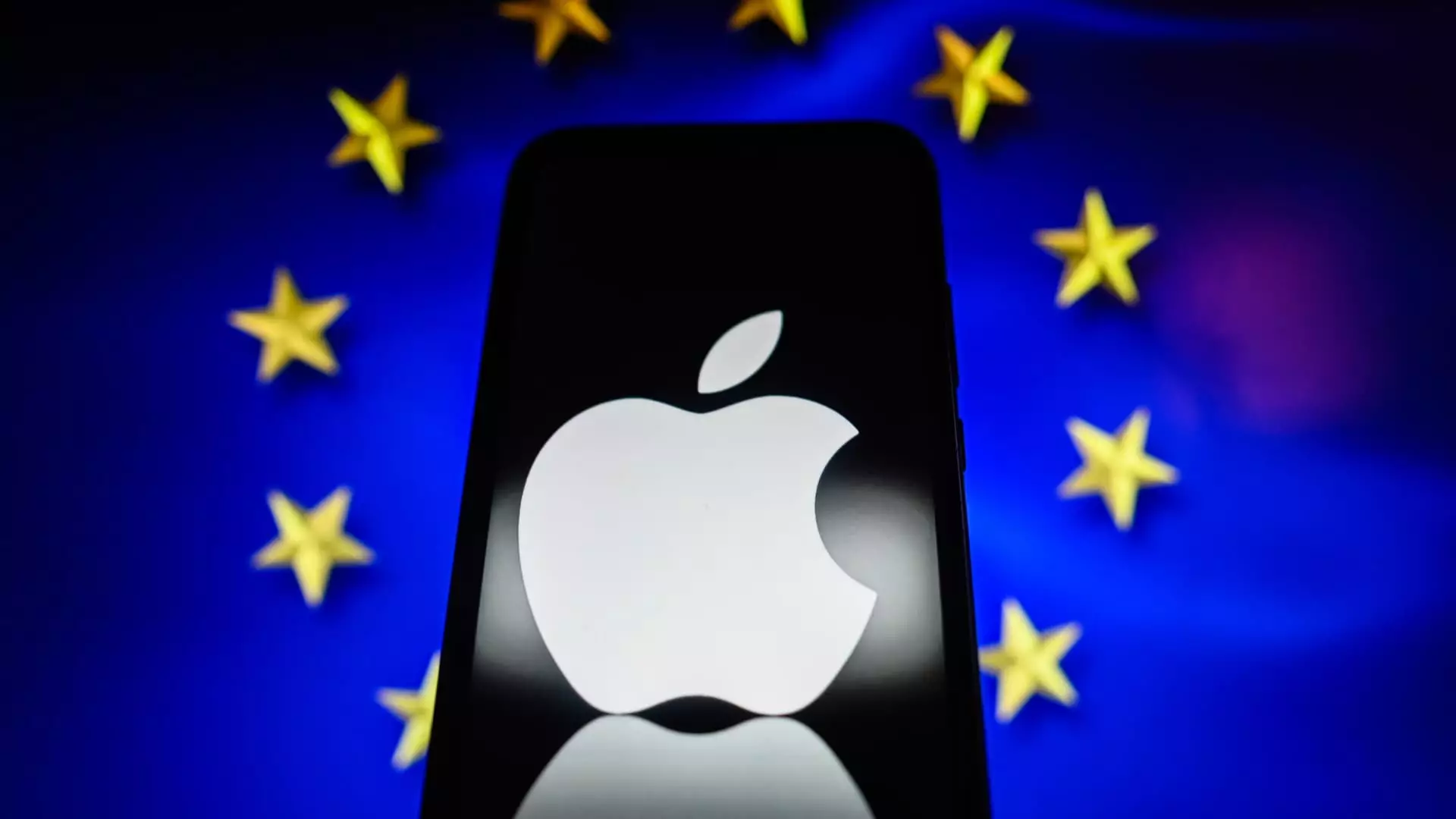The European Union regulators have recently accused Apple of violating new tech rules by restricting customers of its App Store from being redirected to alternative options. The EU’s executive arm, the European Commission, has initiated a probe into Apple’s new contractual terms with developers, following the introduction of the Digital Markets Act (DMA) designed to curb the dominance of Big Tech companies. One of the key areas of concern in the investigation is Apple’s anti-steering rules, which prohibit businesses from informing users about cheaper alternatives or subscriptions outside the App Store.
According to regulators’ preliminary findings, Apple’s App Store regulations hinder app developers from freely directing consumers to other channels for offers and content, violating the DMA guidelines. Although Apple allows a form of steering where developers can provide a link to a webpage for purchases like subscriptions, there are stringent restrictions imposed by Apple that limit developers’ communication and promotional abilities. Additionally, the fees charged by Apple to developers for acquiring new customers via the App Store are deemed excessive by regulators, raising questions about what constitutes a necessary fee.
If Apple is found to be in breach of the DMA, it could face fines amounting to up to 10% of its global annual turnover. This is not the first time Apple has faced scrutiny from EU regulators, as it was slapped with a significant antitrust fine earlier this year for leveraging its dominant position in the music streaming app market. While Apple has made some adjustments to its App Store operations in anticipation of the DMA, concerns remain about the appropriateness of certain practices, such as the continuation of core technology fees for downloads outside the App Store.
The commission is also investigating whether Apple’s requirements for offering alternative app stores or directly distributing apps from the web on iPhones align with EU regulations. The scrutiny extends to the eligibility criteria associated with providing alternative app stores, raising questions about Apple’s adherence to the tech law. With the EU regulators closely monitoring Apple’s actions and practices, the tech giant faces mounting pressure to ensure compliance with the evolving regulatory landscape.
Overall, the EU’s scrutiny of Apple signifies a broader effort to hold Big Tech firms accountable for their market dominance and anti-competitive practices. As regulators continue to investigate and enforce new tech rules, companies like Apple must navigate complex regulatory frameworks to avoid costly penalties and maintain fair competition in the digital marketplace.


Leave a Reply